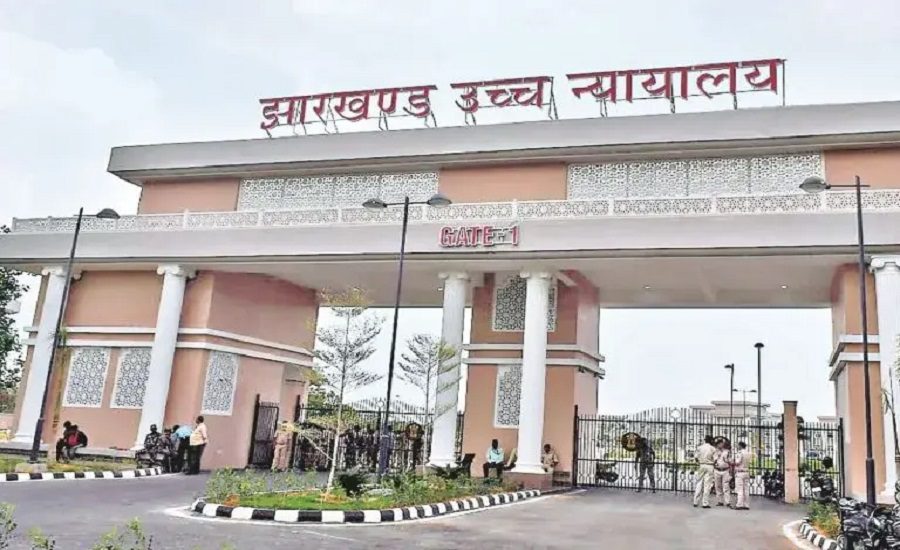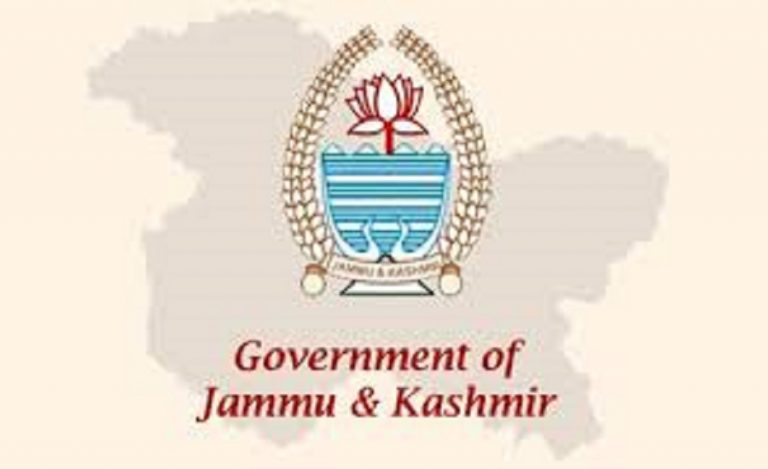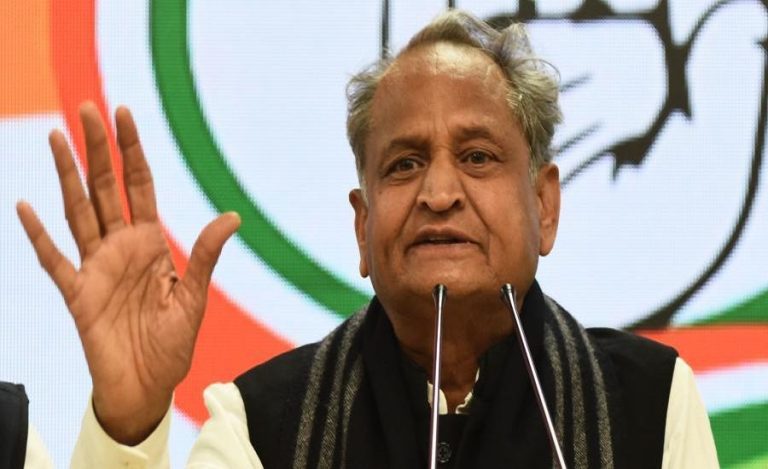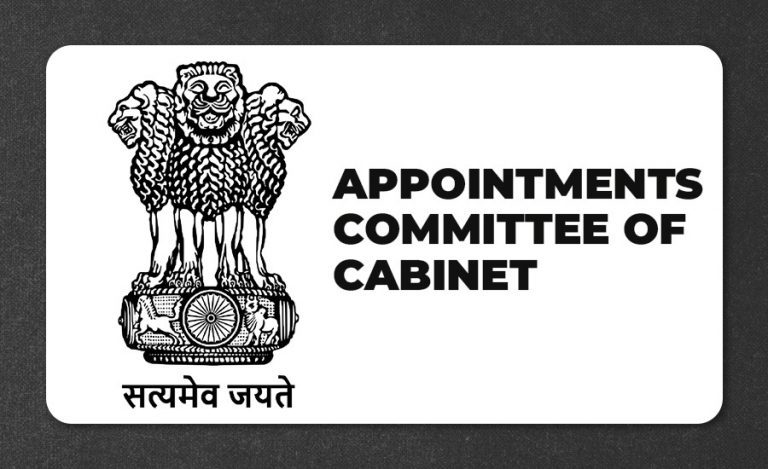New Delhi: In a striking judgment delivered on 10 November 2025, the Supreme Court of India (SC) took sharp aim at the Jharkhand High Court for granting suspension of life sentences in a murder case through an unexplained and vague order.
The SC also expressed displeasure at the State of Jharkhand for its complete absence in the proceedings and its failure to challenge the high-court order.
Background of Suspension of Life Sentence Jharkhand High Court
A sessions court had convicted three accused of murder for their involvement in an unlawful assembly attack that resulted in the death of the informant’s brother. The assault reportedly involved lathis, dandas, rods and a pistol.
The Jharkhand High Court thereafter suspended the substantive life sentences of these convicts, stating only that the allegations were “general and omnibus in nature.” The order lacked detailed reasoning or reference to legal tests.
On appeal, the Supreme Court set aside the high-court order, directed the convicts to surrender within 24 hours and ordered the high court to re-hear their applications once surrender certificates are furnished.
Face Behind this Judgement
The bench hearing the matter consisted of J. B. Pardiwala and K. V. Viswanathan. They observed that the high court had simply recorded submissions and suspended a life sentence without analysing the well-settled principles governing suspension of life sentences.
The bench further directed the Supreme Court Registry to send a copy of its order to the Chief Justice of the Jharkhand High Court for immediate review of the high court’s practice in such matters.
Importance of the Ruling on Suspension of Life Sentence Jharkhand High Court
This ruling reiterates a pivotal principle in Indian criminal jurisprudence: the suspension of a sentence of life imprisonment is not to be treated casually. While appellate courts often suspend fixed-term sentences (under Criminal Procedure Code Section 389, now Section 430 of the Bharatiya Nagrik Suraksha Sanhita, 2023) when an appeal is pending, life sentences demand far more.
The SC held that in life-imprisonment cases, there must be “something very palpable or a very gross error” in the trial court’s judgment for suspension to be justified.
The ruling emphasises that appellate leniency cannot be the default when liberty is involved in such serious sentences. It thus reinforces judicial accountability and safeguards the interests of victims and society at large.
Suspension of Life Sentence Jharkhand High Court: Challenges Highlighted
- The high court’s order was described as “cryptic” — devoid of any reasoned basis or reference to precedent or exceptional circumstances.
- The State of Jharkhand, despite being served notice by the Supreme Court, chose not to appear or challenge the order — a lapse the SC called “very disturbing”.
- There appears to be weak institutional oversight in how high courts handle suspensions of life sentences, potentially leading to arbitrary outcomes.
- Victims’ rights and public faith in the criminal justice system are jeopardised if serious sentences are suspended without thorough judicial scrutiny.
Implications of the Judgment
- High courts must now exercise heightened caution before suspending life imprisonment sentences, and provide clear, reasoned orders.
- The State will face increased pressure to promptly respond to appeals and orders in serious cases — lagging participation may invite criticism or corrective directions by the Supreme Court.
- The ruling may serve as a precedent and deterrent against the granting of bail or suspension of sentences in grave offences without full justification.
- It signals to victims, families and society that life-sentence convictions will not be treated lightly or reversed without compelling grounds, thereby enhancing public trust in judicial rigour.
Way Forward
- High courts should incorporate structured reasoning when considering suspension of life sentences: specifying what “very palpable” “gross error” exists in the trial court’s judgment.
- States must ensure representation in appellate proceedings and avoid default non-appearance as seen in this case.
- The judiciary should consider framing guidelines or minimum standards for suspension of life-imprisonment sentences—both for transparency and consistency.
- Lawyers and litigants should be aware of the stricter threshold applied for life sentence suspension and prepare detailed pleadings accordingly.
- Monitoring mechanisms could be strengthened to track high-court orders in criminal appeals to prevent inordinate delays and unexplained suspensions of sentences.
Read Also: Supreme Court Fights Back Against AI Chaos — Demands Strict Regulation of Generative AI in Judiciary





























